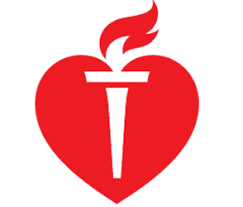
Image: heart.org
Cardiovascular physician Michael Simons earned his MD cum laude from Yale University School of Medicine. A professor at Yale, Michael Simons is a member of the American Heart Association (AHA).
AHA publishes guides to help people recognize and react appropriately when cardiac arrest strikes. Here’s how to know whether a person you are with has suffered cardiac arrest:
–Loss of responsiveness. The person suddenly cannot respond even if you tap his or her shoulder and ask for a response. If you do this and the person does not move, speak, or react in any way, there is definitely a problem.
–Poor breathing. If the person is not breathing properly or is gasping for breath, then he or she could be having a cardiac arrest.
Here’s what to do about it:
–Call 911. If you have a phone, call 911. If not, call for help and ask whoever responds to call 911.
–Give CPR. If the person is not breathing, proceed to administer CPR. Place your hands on the patient’s lower chest, one on top of the other, and push down 2 inches before coming back up. Repeat at least 100 times every minute until the person starts breathing or help arrives.
